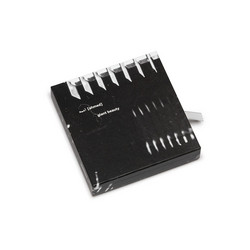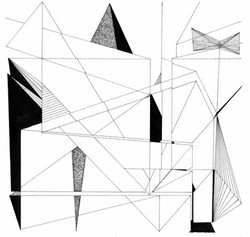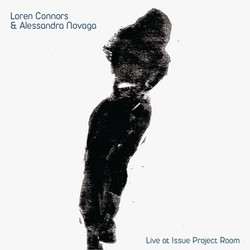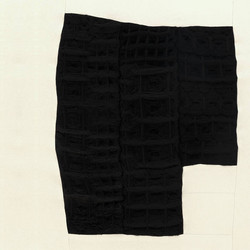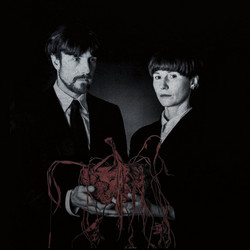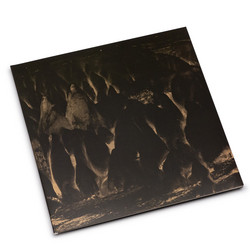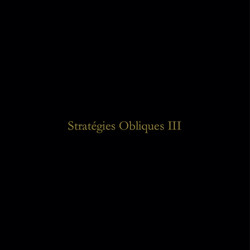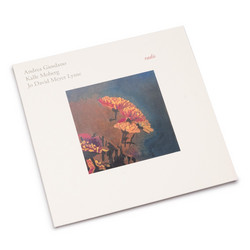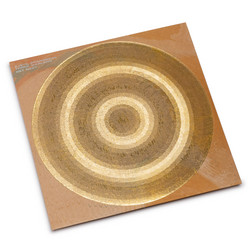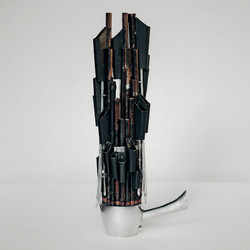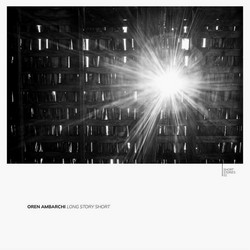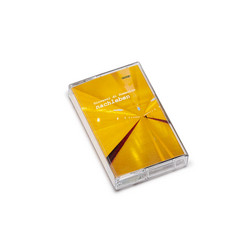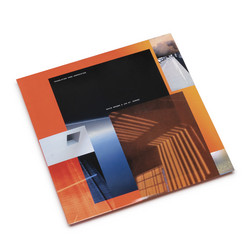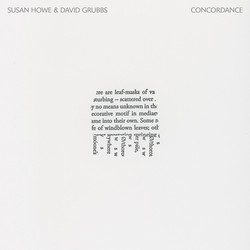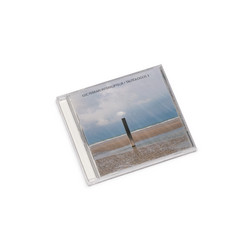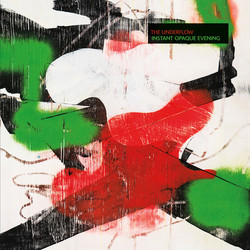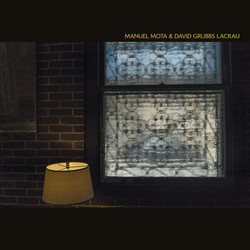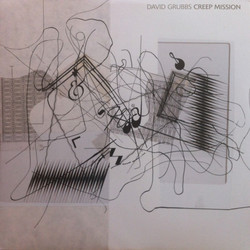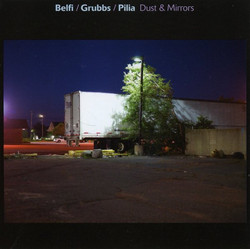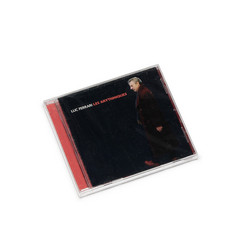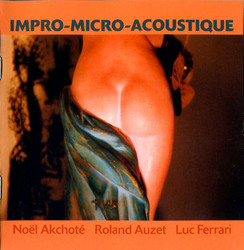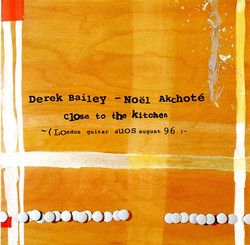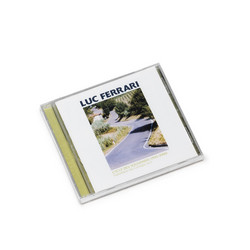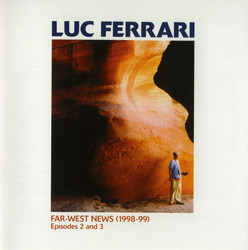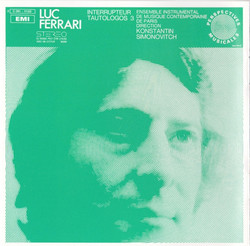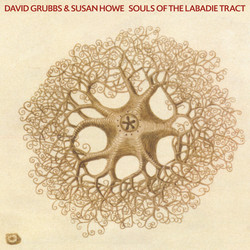Tip! In the realm of experimental music, certain collaborations feel inevitable - the convergence of like-minded artists whose individual voices seem destined to merge into something greater than the sum of their considerable parts. Bitterviper represents precisely such a meeting of minds, bringing together four musicians who have each participated in some of the most striking avant-garde music-making of the past two decades for an album that redefines what collaborative minimalism can achieve. Bitterviper is an all-new configuration of individuals and intent, uniting Nikos Veliotis (cello), Taku Unami (synthesizer), Sarah Hennies (percussion), and David Grubbs (piano, guitars) in a quartet whose collective minimalist interplay passes through dense harmonic fields, transcendentally ionized ambient moods, and cinematic soundscapes that feel both composed and spontaneously discovered.
Each member brings decades of experimental expertise to this convergence. Nikos Veliotis has long established himself as one of contemporary music's most innovative cellists, using extended techniques and electronic processing to push his instrument into uncharted sonic territories. Taku Unami's synthesizer work represents the cutting edge of minimal electronic composition, where silence and sound exist in perfect tension. Sarah Hennies has redefined what percussion can mean in experimental contexts, treating rhythm as texture and time as malleable material. David Grubbs, veteran of Squirrel Bait, Bastro, and Gastr del Sol, brings his unparalleled understanding of how experimental techniques can serve melodic communication. The quartet's approach to collective minimalism creates music that exists in multiple temporal dimensions simultaneously. Their interplay generates dense harmonic fields that shift and evolve with geological patience, yet every moment feels precisely placed and essential. The result transcends traditional categorizations - this is neither pure minimalism nor ambient music, but rather a hybrid form that draws from both traditions while establishing entirely new possibilities.
The "transcendentally ionized ambient moods" that emerge from their collaboration suggest music designed for altered states of consciousness - compositions that function as both listening experiences and environments for contemplation. Yet the group's sophisticated understanding of dynamics and structure prevents the music from drifting into formless atmospherics. Every sound serves the larger architectural vision.
The soundtrack-like qualities of Bitterviper's music reflect their collective understanding of how experimental music can create narrative without words, emotional progression without conventional song structures. These are soundscapes that tell stories through pure sonic relationships, where Veliotis's processed cello might provide melodic foundation while Unami's synthesizer work creates harmonic context and Hennies's percussion defines temporal space, all unified by Grubbs's compositional sensibility.



